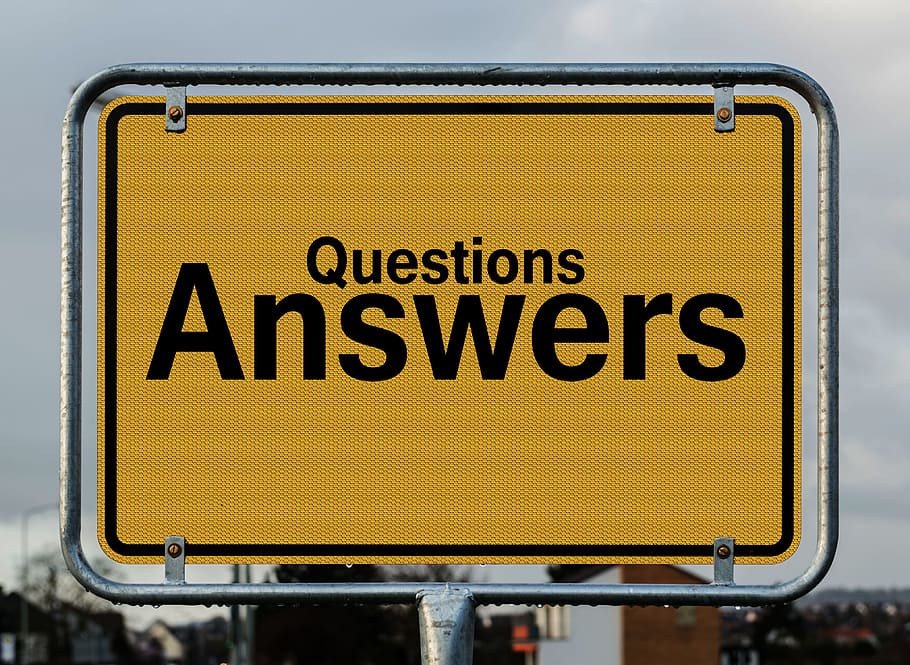What Is Fact F?
The Functional Assessment of Chronic Illness Therapy – Fatigue (FACIT-F) is a 40-item measure that assesses self-reported fatigue and its impact upon daily activities and function.
What is the Facit fatigue scale?
What is the Facit-F measure?
Related Measures Overview The Functional Assessment of Chronic Illness Therapy – Fatigue (FACIT-F) is a 40-item measure that assesses self-reported fatigue and its impact upon daily activities and function. It was developed in the mid-1990’s to meet a growing demand for more precise evaluation of fatigue associated with anemia in cancer patients.
What is the fact-G?
It is a subset of the longer (47-item) Functional Assessment of Cancer Therapy – Anemia (FACT-An), which includes the 27-item FACT-G and a 20-item subscale addressing additional concerns associated with the anemia of cancer and its treatment.
What is F for fact?
At a moment in time when facts are framed as fantasy and feelings equal truth, F for Fact investigates different forms of knowledge through an artistic lens. But what counts as knowledge? What’s the difference between truth and meaning? How are narratives shaped and by whom?
What is the FSF for fact course?
F for Fact is a two-year course part of the Sandberg Institute’s Temporary Programmes where participants work on individual and collective projects in which the factual, philosophical, or tangible world is the point of departure.
How are Facit scores calculated?
What is a fact B?
What is the fact-G?
The FACT-G is the generic CORE of the Functional Assessment of Chronic Illness Therapy Measurement System (FACIT) It can be used with patients of any tumor type It can be supplemented by specific modules addressing relevant disease-, treatment-, or condition-related issues not already covered in the general questionnaire
What is a fact F?
What is the fact G questionnaire?
What is fact p?
What is FACT G in cancer treatment?
The Functional Assessment of Cancer Therapy – General (FACT-G) is a 27-item questionnaire designed to measure four domains of HRQOL in cancer patients: Physical, social, emotional, and functional well-being. Original development and validation involved 854 patients with cancer and 15 oncology specialists.
What does fact-L stand for?
Originally validated in a general cancer population that included lung cancer patients. Core instrument in the Functional Assessment of Chronic Illness Therapy (FACIT) Measurement System, a system which has multiple disease-, treatment-, and condition-specific subscales to complement the FACT-G, including one for lung cancer ( FACT-L).
What is the fact-g7?
The Functional Assessment of Cancer Therapy – General – 7 Item Version (FACT-G7) is a shortened, 7-item version of the FACT-G designed to quickly and effectively capture the most relevant issues to cancer patients in a valid and reliable manner.
Who are the members of a fact?
A.FACT (에이팩트) is a South Korean pre-debut band under A.Conic and Stallion Entertainment. Consists of five members: Sejin, Wondae, Bawool , Hoseong, and Taeeun.
What is J’s nickname on faceshop?
– J is the main endorser for The Faceshop. – She and Yoon are roommates. – Nickname: Jjang J, William. – She has a British shorthair cat named Tan-e. – J gets teased a lot by Sumin. – She wants to collaborate with Dua Lipa or Billie Eilish. -She’s in charge of singing low notes, while Sieun is in charge of singing high notes.
Who is J(재이) from Stayc?
J (STAYC) Profile and Facts J (재이) is a Korean singer under HighUp Entertainment, currently apart of the girl group STAYC who made their debut on November 12, 2020. Stage Name: J (재이) Birth Name: Jang Ye Eun (장예은)
Can the fact-L be used for lung diseases other than cancer?
Functional Assessment of Cancer Therapy – Lung, Version 4 (FACT-L v. 4) FACT-G (core instrument) plus a Lung Cancer Subscale. Developer suggests that the FACT-L may also be useful for patients with lung diseases other than cancer. No charge for use of the English versions. Contact D Cella for permission.
What is the fact-L?
The FACT-L meets a growing need for disease-specific health-related quality of life (HRQOL) questionnaires that address the general and unique concerns of patients diagnosed with lung cancer. Subsequent to its development, its results have been published in over 25 papers from over 15 unique data sets including over 4,000 people with lung cancer.



